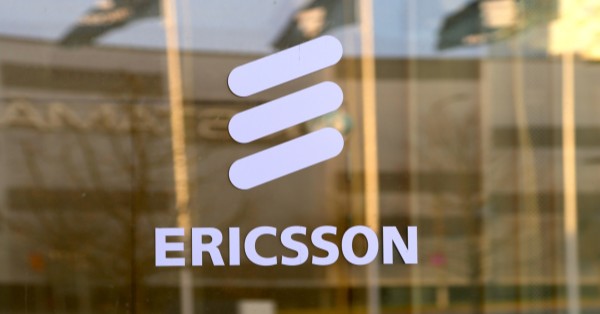LG Uplus has announced its partnership with automation platform company Big Wave Robotics to provide tailor-made machines running on the operator’s 4G and 5G networks, in a bid to strengthen its robot business.
The companies plan to introduce service robots to retail and industrial clients using Big Wave Robotics’ AI analysis platform, which recommends the best automation service based on the user’s work environment. Marosol, a service used by around 400 firms, will be employed, with related services developed and new business models explored.
The partnership will allow LG Uplus to expand its market share and enable Big Wave Robotics to deliver customized robots in a more cost-effective manner.
























